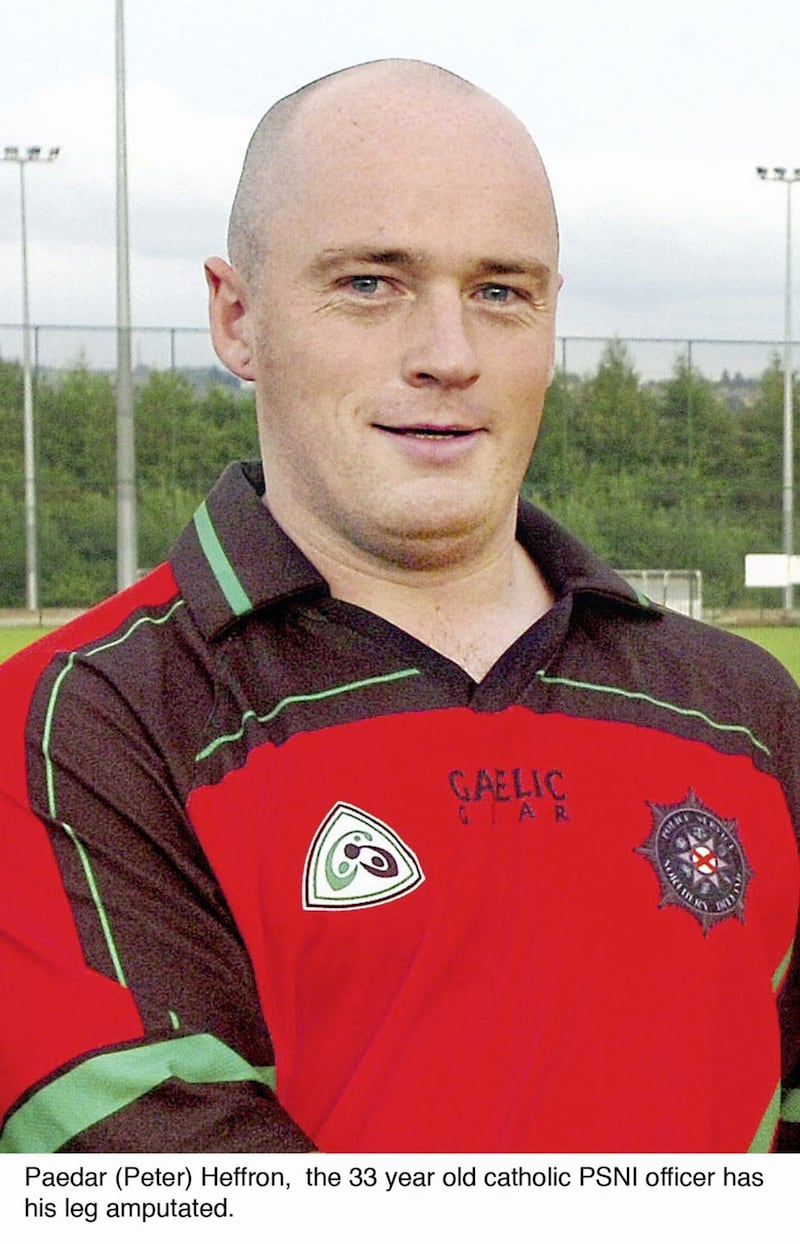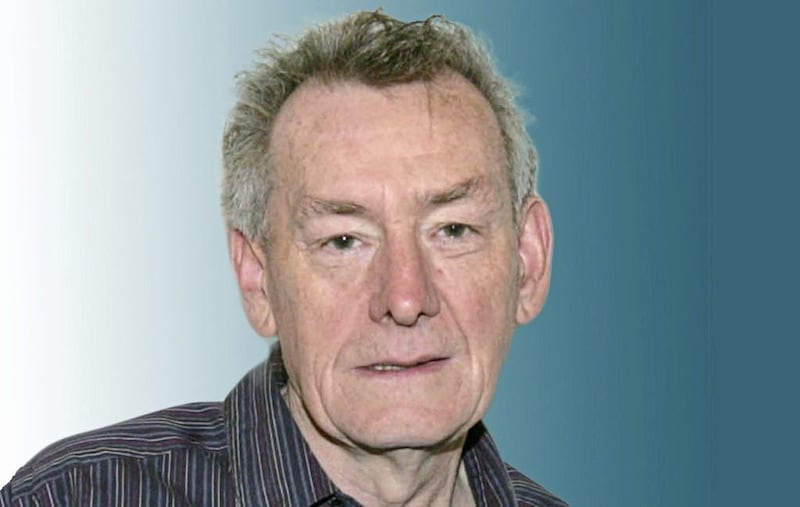THE failed bomb attack on a Catholic PSNI member in Derry last week has raised questions around the security of officers living in nationalist areas.
The fact that a police officer had chosen to make his home on the west bank of the River Foyle has raised eyebrows in some quarters.
He had a lucky escape when an under-car bomb fell from his vehicle as he left home in the mainly nationalist Culmore area of the city on Wednesday.
The group calling itself the 'IRA' last night claimed responsibility for the attack, saying a new type of device had been used.
The device later exploded as the British army bomb squad examined it on the driveway of his home.
During the Troubles the west bank of the Foyle was virtually a no-go area for security force members while off duty.
It was also considered unsafe for members of the security forces, regardless of religion, to live in other nationalist areas.
Although the Patten reforms, which led to the creation of the PSNI in 2001, were designed to make policing more acceptable to nationalists, relatively little appears to have changed in terms of where it is safe for police officers to live.
It is believed that PSNI members continue to live in predominantly unionist or at least mixed areas across the north.
Catholics currently make up 31 per cent of the PSNI, with 67 per cent of the force Protestant.
Last week’s attack fits a pattern of Catholic officers being targeted using booby-trap devices.
In 2008 a PSNI man was injured when a device exploded under his car near Castlederg in west Tyrone as he made his way to work.
In January 2010 Peadar Heffron suffered serious injuries when a similar device detonated under his car as he drove to work near Randalstown in Co Antrim.

And in April 2011 Ronan Kerr died after a bomb exploded under his vehicle in Omagh.
PSNI and British army personnel across the north have also been subject to a range of other attacks, including rocket, mortar and gun attacks.
It is understood that serving PSNI officers receive daily security briefings before they go on duty.
While these general briefings are led by senior officers, the information is provided by members of the PSNI’s C3 unit, formerly known as special branch.
If individual officers are considered to be under specific threat they are spoken to privately.
During briefings officers are made aware of “out of bounds areas” which they are prohibited from travelling into.
These restrictions can apply to officers while on and off duty.
They can include everyday locations such as bars, gyms and even shopping centres.
If a PSNI officer wants to live in a particular area the address is provided to senior officers for approval.
It is understood that a security assessment will then be made.
However, senior officers can only offer advice, which individual officers are not obliged to accept.

Former Policing Board vice-chair Denis Bradley, who comes from Derry, said he was surprised to learn that the Catholic officer was living in a strongly nationalist part of the city.
"I didn’t think they were allowing police officers to live on the west bank,” he said.
“Until recently the police would have been warning young fellows on the west bank if they were going home, don’t stay overnight.
“The youngsters I know who joined the police seven or eight years ago don’t live around Derry.
“I was a bit surprised when that thing happened.”
Mr Bradley said the concept of police officers living in the community where they work “never really came to pass in strong nationalist/republican areas”.
Despite numerous attacks, he said Catholics were not deterred from joining the PSNI in the years after its formation.
“It didn’t stop people joining up until recently, certainly in the first five or six years of the PSNI they were joining, and even after the worst of the attacks.
“What happened was the bucket became full and there was no recruitment for a few years.”
Mark Lindsay from the Policing Federation said the threat against all police has been “severe” since 2009 and chiefs regularly provide security updates to officers.
“The PSNI is constantly warning of increased threats through internal communication and briefings and also undergoing programmes of awareness."
He said police officers are drawn from all sections of the community and they would encourage people to live in the areas where they are from.
“By and large police officers are accepted in every community where they live.”
Mr Lindsay added that there are currently no "no-go areas” for police officers in the north.
“There are police officers living in all parts of Northern Ireland and from all backgrounds,” he said.
A spokeswoman for the PSNI said it did not comment on individuals but added: “All PSNI officers are required to complete an application for approval to travel/reside/change residence.
“Applications are approved by district commanders.
“Details of residence are used for administration and finance purposes.”
Assistant Chief Constable Alan Todd said: “We encourage and support our officers’ preference to live in the community or neighbourhood of their choosing.
“Where security issues arise we will always provide the appropriate advice and guidance.”






